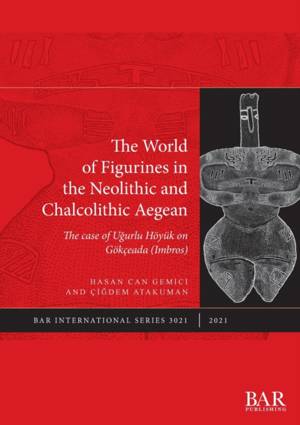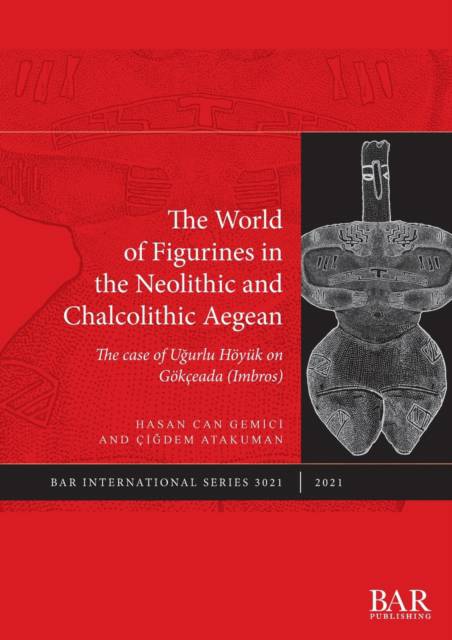
- Retrait gratuit dans votre magasin Club
- 7.000.000 titres dans notre catalogue
- Payer en toute sécurité
- Toujours un magasin près de chez vous
- Retrait gratuit dans votre magasin Club
- 7.000.000 titres dans notre catalogue
- Payer en toute sécurité
- Toujours un magasin près de chez vous
The World of Figurines in the Neolithic and Chalcolithic Aegean
The case of Uğurlu Höyük on Gökçeada (Imbros)
Hasan Can Gemici, Çiğdem AtakumanDescription
This book studies the corpus of figurines recovered from the Neolithic - Chalcolithic settlement of Uğurlu Höyük on the island of Gökçeada (Imbros) in the northeastern Aegean. Bringing together different strands of investigation about how they were produced, what they were meant to depict, and where they were used, the authors question in whose image these statuettes were created and why. Drawing parallels between contemporary figurine assemblages from the Eastern Mediterranean, the results challenge some of the common assumptions regarding the role these objects played in prehistoric belief systems, and instead explore the alternative ways in which the local, regional, mundane, and the sacred were weaved together in an island community more than 7,000 years ago.
Spécifications
Parties prenantes
- Auteur(s) :
- Editeur:
Contenu
- Nombre de pages :
- 190
- Langue:
- Anglais
- Collection :
- Tome:
- n° 3021
Caractéristiques
- EAN:
- 9781407357751
- Date de parution :
- 09-04-21
- Format:
- Livre broché
- Format numérique:
- Trade paperback (VS)
- Dimensions :
- 210 mm x 297 mm
- Poids :
- 625 g







